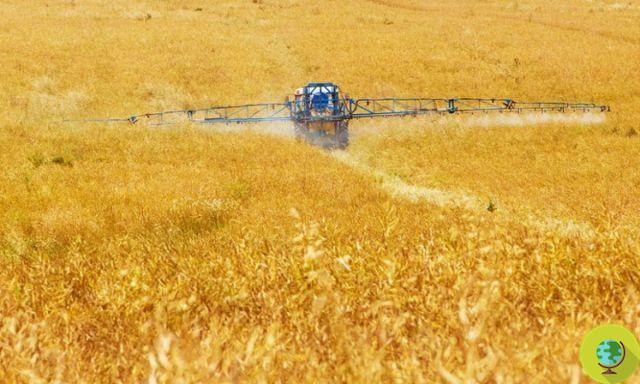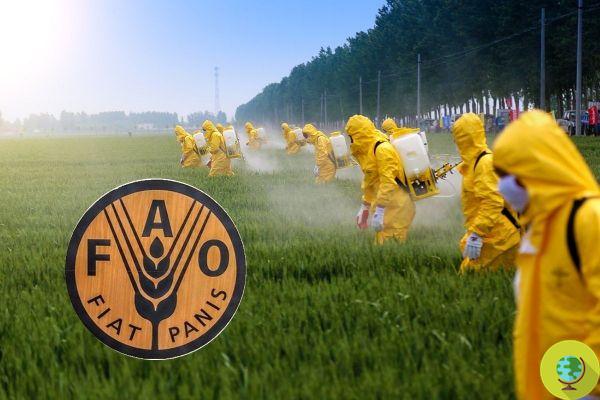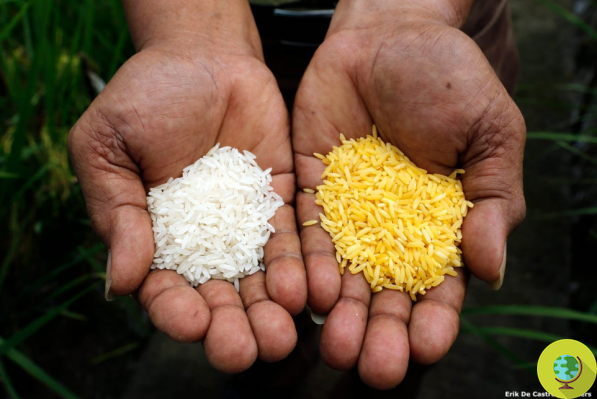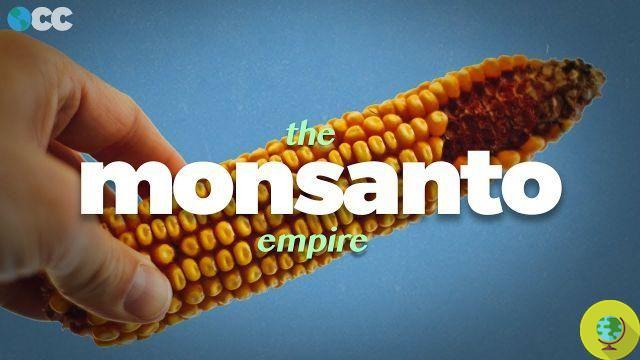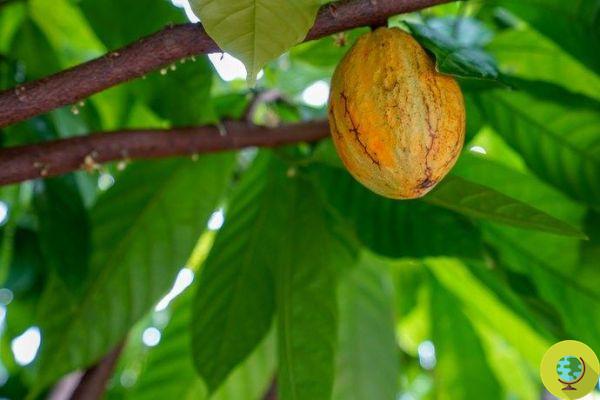Roundup under indictment. The effects of Monsanto's Roundup herbicide, a glyphosate-based product, were recently the subject of a study by a group of Danish scientists, who investigated the effects on enzyme activities and gastrointestinal health in mammals.
He is about to end up run over, his mother saves himRoundup again under accusation. Research has been circulating for years on the harmful effects of glyphosate, the substance at the base of the well-known herbicide of Monsanto whose risks, especially at the hormonal level and genetic malformations, have also been silenced by the European Commission for decades. Today it returns to the news after the results of one study conducted by a group of Danish scientists, who worked on the consequences of its use on the activity of enzymes and on the gastrointestinal health of mammals.
Danish scientists call for further investigations into the herbicide produced by Monsanto and on other herbicides and pesticides that contain glyphosate. According to experts, this chemical is most dangerous during the early life stages of mammals. Furthermore, according to research, glyphosate would interfere with liver enzymes and prevent the body from detoxifying naturally. Why such a high-risk substance has not yet been banned?
Index
Livestock health
Health checks carried out on livestock in Denmark have shown that i feed a basis of GM soy, which is sprinkled with glyphosate during cultivation, have negative effects on animal health. Scientists from Aarthus University studied the presence of glyphosate in soils and its effects on mammals. The substance has a greater impact during the more delicate phases of the life of animals. In particular, experts are concerned about the negative effects of glyphosate on the gastrointestinal system.
Exposure to infections
In both cattle and poultry, glycophate acts by altering the balance of intestinal bacterial flora. As a result, animals are more exposed to attacks from pathogens and infections from botulism would have increased exponentially. The bacteria responsible for the salmonellosis they turned out highly resistant to glyphosate, while beneficial bacteria, such as lactobacilli, are destroyed by this substance.
Detoxification skills
Glyphosate limits the body's detoxification capacity. According to further research, glyphosate inhibits cytochrome P450 enzymes in humans. These enzymes serve to help the body excrete toxins. Glyphosate works by retaining unwanted substances, as if it were a catalyst. Glyphosate would also be able to interfere with the bacteria present in thehuman intestine. Her harmful action it would therefore not only concern plants and animals, but man too. If unwanted substances accumulate more easily in the intestinal system, the immune system will be hindered.
Production of ammonia
Further investigations revealed that the plants treated with glyphosate produce excess ammonia due to increased activity of thePAL enzyme. This enzyme is found in plants, animals and microbes and catalyzes the reaction that releases ammonia. Excess ammonia creates a disruption in plant growth. It is feared that a similar action could adversely affect the intestinal flora of humans. Experts wonder what the negative effects on our digestive system may be and fear, among the consequences, inflammation that can occur throughout the body.
Genetic malformations and kidney diseases
Monsanto's Roundup herbicide causes genetic malformations: they kept it hidden from us for 30 years. According to a report published in 2013 by an international team of experts, glyphosate can cause birth defects on laboratory animals and the EU has been aware of this for some time. The news, however, had never been made public. Experts have been carrying out their own analyzes for months and have found that GM crops on which Roundup herbicide is used contain a pathogen that can cause abortions in animals. The Roundup herbicide in Brazil e Sri Lanka is causing a real kidney disease epidemic among farmers. 15% of the Sri Lankan population would be affected and the government has requested it table to the bandor the product.

Now that the harmful effects of glyphosate have been recognized also on man, why is it still allowed to be used in agriculture?
Read also: Monsanto: Sri Lanka and Brazil against Roundup herbicide
Marta Albè
Read also:
Roundup, Monsanto's pesticide may be causing the rise in gluten intolerances
Monsanto's Roundup pesticide also causes genetic mutations in tadpoles
Monsanto's Roundup pesticide creates gentian malformations. And they hid it from us for 30 years!




